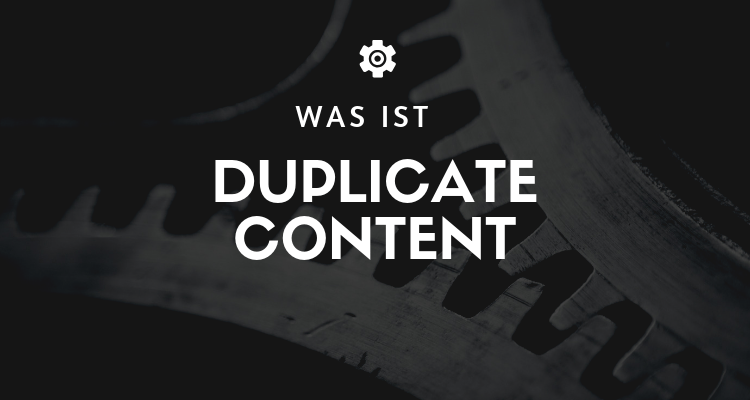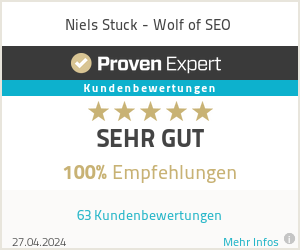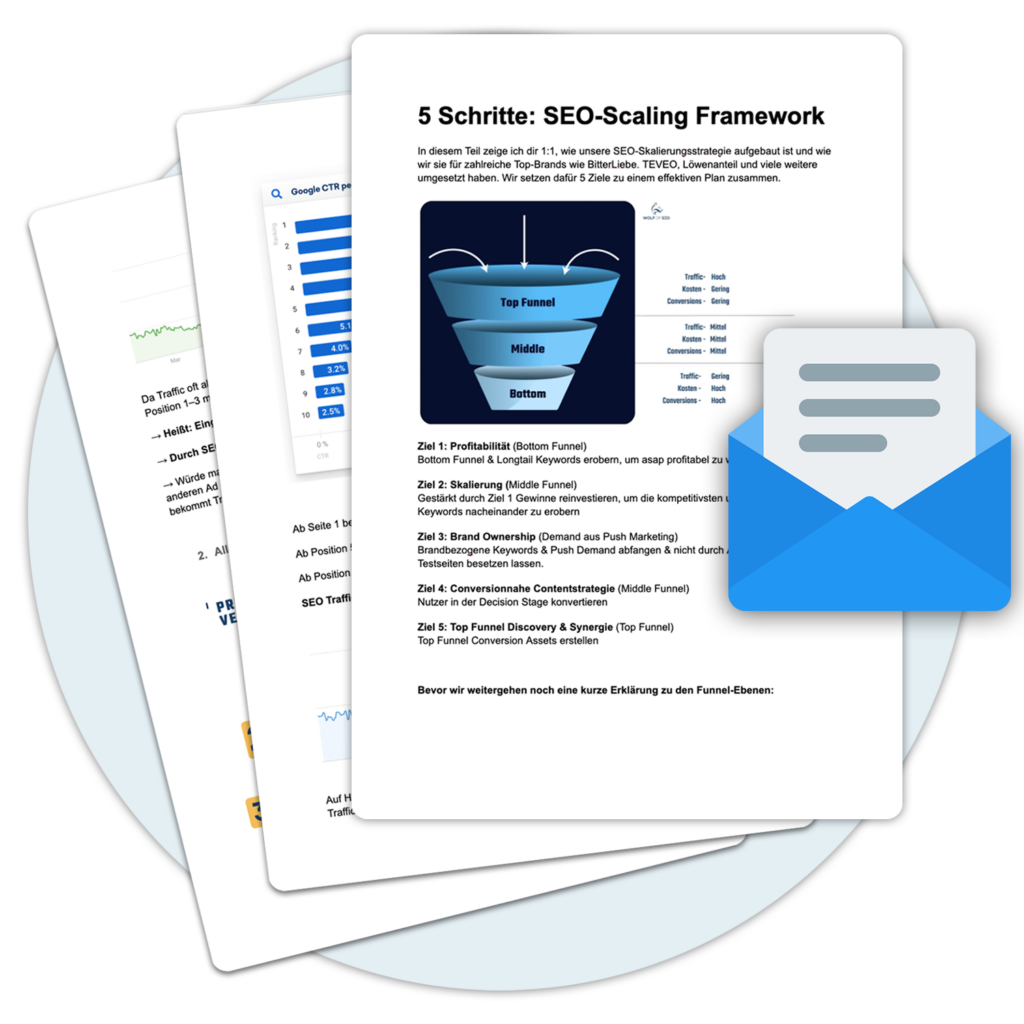« Back to Glossary Index

What is duplicate content?
Duplizierte Inhalte beziehen sich auf signifikante Teile von identischem oder sehr ähnlichem Text, die auf mehr als einer Webseite erscheinen. Dies kann innerhalb einer Domain oder über mehrere Domänen hinweg der Fall sein. Sogenannte doppelte Inhalte gelten als problematisch für die SEO, da Suchmaschinen es vermeiden, ähnliche Webseiten in die Search results as they impair user-friendliness.
According to Matt Cutts However, duplicate content does not harm your website's SEO unless it is "spammy". If you have concerns about duplicate content on your website, apply the following principles:
- Verwenden Sie 301 Redirects, um den Datenverkehr von alten oder ausgemusterten URLs auf neue URLs umzuleiten
- If there are duplicate content pages on your website that you do not want to appear in search results, uninstall them with the tag noindex
- Wenn es mehrere Versionen einer Seite mit sehr ähnlichem Inhalt gibt, verwenden Sie die Kanonisierung, um Google mitzuteilen, welche Version die „kanonische“ URL is
- Consider consolidating similar pages rather than hosting multiple pages with very similar content
What does Google think of duplicate content?
- Duplicate Content leadsNOT cause your website to be penalized.
- Google knows that users want variety in search results and not the same article over and over, so they choose to consolidate and display only one version.
- Duplicate content is not a reason to take action unless it is aimed at Search results to manipulate.
- The worst thing that can happen with this filtering is that a less desirable version of the page is displayed in the search results.
- Google tries to determine the original source of the content and display it.
- If someone reproduces your content without permission, you can request its removal by filing a Digital Millennium Copyright Act request.
- Do not block access to duplicate content. If they can't search all versions, they can't consolidate the signals.
« Back to Glossary Index






